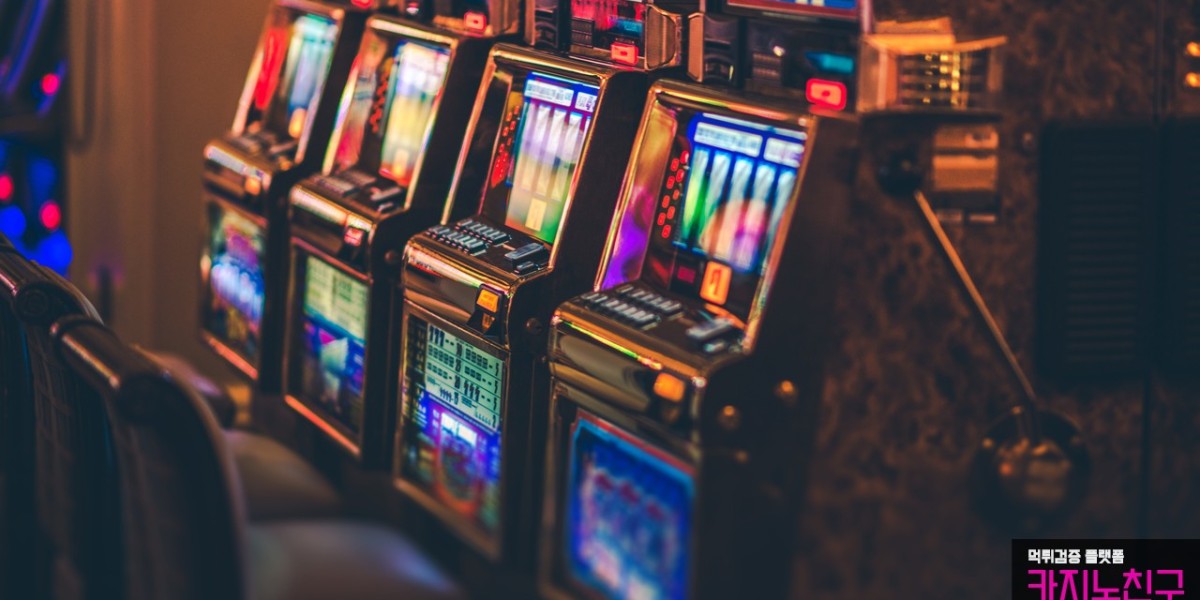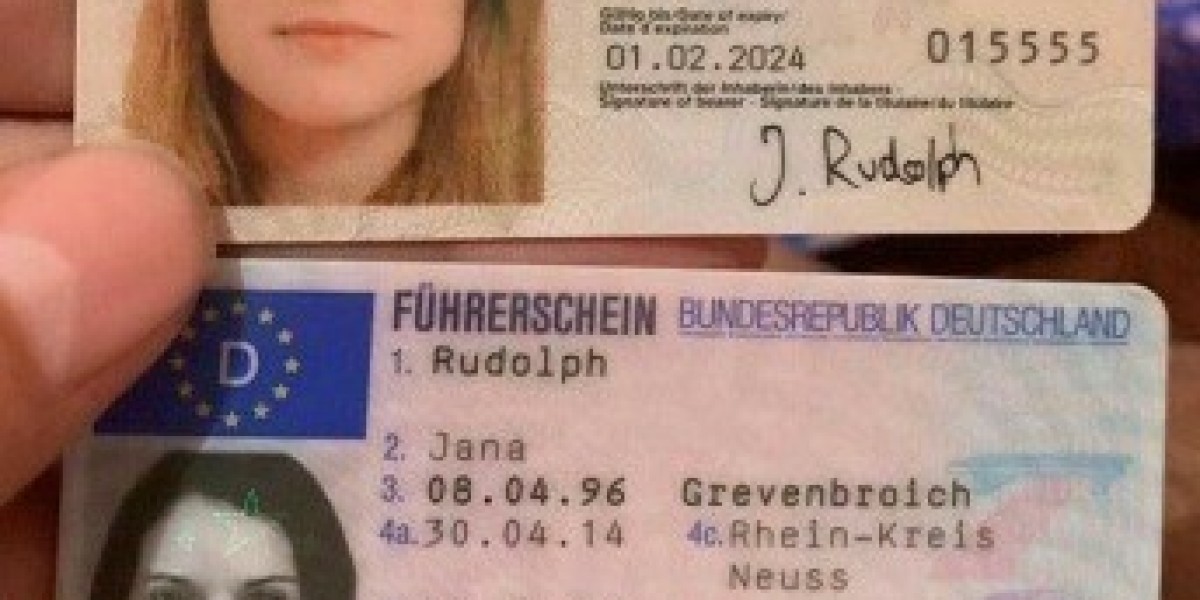In the vast and intricate world of finance and commerce, the allure of quick wealth can sometimes lead individuals down unethical and illegal paths. One such path is the pursuit of counterfeit money. The idea of obtaining counterfeit currency legally, however, is a myth that has been perpetuated by misinformation and a lack of understanding of the legal and ethical implications. This article aims to explore the realities of counterfeit money, the legal consequences of its possession and distribution, and the importance of adhering to legal financial practices.

Understanding Counterfeit Money
Counterfeit money refers to any currency that is produced without the legal authority of the issuing government or central bank. The production and distribution of counterfeit money are illegal activities that can have severe consequences for both the individuals involved and the broader economy. Counterfeit currency can be created in various forms, from paper bills to digital currencies, and it often aims to mimic the appearance and features of genuine money.
The Legal Implications of Counterfeit Money
The production, possession, and distribution of counterfeit money are criminal offenses in virtually every country. The penalties for these crimes can be severe and may include:
- Imprisonment: Individuals convicted of counterfeiting can face lengthy prison sentences, often ranging from several years to life, depending on the severity of the offense and the jurisdiction.
- Fines: In addition to imprisonment, individuals may be required to pay substantial fines, which can be in the tens or even hundreds of thousands of dollars.
- Confiscation of Assets: The government may seize any assets that were acquired through the proceeds of counterfeiting.
- Criminal Record: A conviction for counterfeiting can result in a permanent criminal record, which can have long-lasting effects on an individual's ability to secure employment, travel, and other aspects of daily life.
The Economic Impact of Counterfeit Money
The impact of counterfeit money extends beyond the legal consequences for individuals. It can have significant economic repercussions, including:
- Inflation: The introduction of counterfeit money into the economy can lead to inflation, as the increased money supply devalues the currency.
- Loss of Confidence: When consumers and businesses lose faith in the currency, it can lead to a decrease in economic activity and a slowdown in the economy.
- Financial Instability: Counterfeit money can cause instability in financial institutions, leading to bank failures and economic crises.
The Myth of Legal Counterfeit Money
The idea that counterfeit money can be purchased or obtained legally is a widespread myth. There are no legal means to acquire counterfeit currency, and any entity or individual claiming to offer such services is likely engaging in fraudulent activity. The following points clarify this myth:
- No Legal Market: There is no legal market for counterfeit money. Any offer to sell or buy counterfeit currency is illegal and should be reported to the authorities.
- Online Scams: Many online offers to sell counterfeit money are scams designed to steal personal information or money from unsuspecting individuals.
- Law Enforcement: Law enforcement agencies actively monitor and investigate any attempts to produce, distribute, or possess counterfeit money.
How to Protect Yourself from Counterfeit Money
To avoid becoming a victim of counterfeit money, individuals should take the following precautions:
- Know the Features: Familiarize yourself with the security features of genuine currency. This includes watermarks, security threads, and color-shifting ink.
- Use Reputable Sources: Only accept and use currency from reputable sources, such as banks and other financial institutions.
- Report Suspicious Activity: If you suspect that you have received counterfeit money, report it to the local authorities or the Secret Service.
- Educate Others: Spread awareness about the dangers of counterfeit money and the importance of using genuine currency.
FAQs
Q: Is it legal to buy counterfeit money?A: No, it is illegal to buy, sell, or possess counterfeit money. Any attempt to do so can result in severe legal consequences.
Q: What should I do if I receive counterfeit money?A: If you receive counterfeit money, do not try to spend it. Instead, report it to the local police or the Secret Service. You may also need to provide the counterfeit money to the authorities for investigation.
Q: Can I get in trouble for unknowingly possessing counterfeit money?A: While it is possible to unknowingly possess counterfeit money, you can still face legal consequences. It is important to report any suspected counterfeit money to the authorities and cooperate with any investigations.
Q: Are there any legal ways to obtain fake money?A: The only legal way to obtain fake money is for use in movies, television, or other entertainment purposes. These fake bills are often clearly marked as non-negotiable and are not intended to be used as real currency.

Q: What are the penalties for counterfeiting?A: Penalties for counterfeiting can vary by jurisdiction but often include imprisonment, fines, and the confiscation of assets. The severity of the penalties depends on the amount of counterfeit money involved and the individual's criminal history.
The pursuit of counterfeit money is a dangerous and illegal activity that can have severe legal and economic consequences. While the allure of quick wealth may be tempting, the risks far outweigh any potential benefits. By understanding the legal implications and Falschgeldkaufenonline.com the economic impact of counterfeit money, individuals can make informed decisions and avoid the pitfalls of this illegal practice. It is always best to adhere to legal financial practices and to report any suspected counterfeit money to the appropriate authorities.








